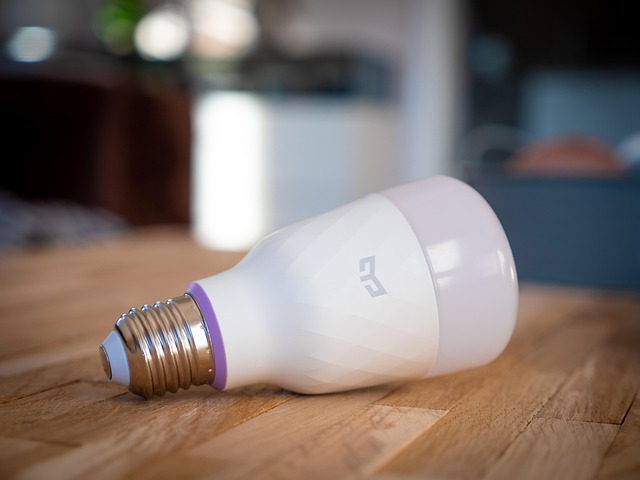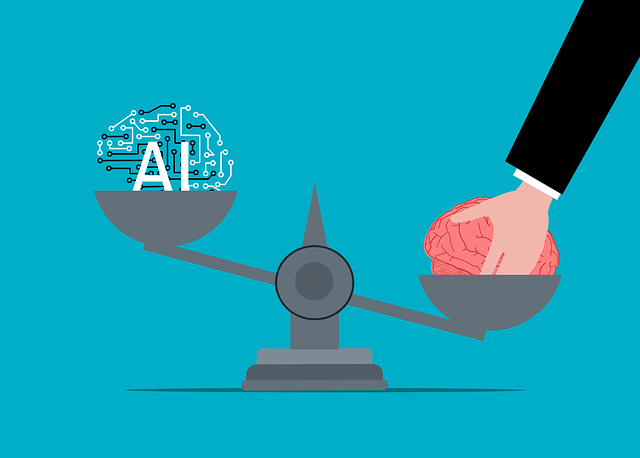Energy-efficient plumbing fixtures and water filtration systems significantly reduce water and energy consumption, improve water quality by removing contaminants, and lower household energy expenses, contributing to environmental sustainability and healthier living environments.
Energy-efficient plumbing fixtures and systems are transforming homes and businesses, reducing water consumption, and cutting energy bills. In this article, we explore three key aspects: understanding the latest in energy-efficient plumbing fixtures, delving into the benefits of advanced water filtration systems, and adopting sustainable plumbing practices for a greener future. By implementing these strategies, you can contribute to water conservation efforts while enjoying significant cost savings. Let’s discover how these innovations work and why they’re essential in today’s eco-conscious world.
- Understanding Energy-Efficient Plumbing Fixtures
- Benefits of Water Filtration Systems
- Implementing Sustainable Plumbing Practices
Understanding Energy-Efficient Plumbing Fixtures

Energy-efficient plumbing fixtures are designed to reduce water and energy consumption without compromising performance. These include low-flow faucets, showerheads, and toilets that use advanced technologies to deliver water more efficiently. For instance, aerators mix air with water to maintain pressure while reducing flow rates, ensuring a satisfying user experience despite the lower water usage.
Water filtration is another critical aspect of energy-efficient plumbing. Advanced filters can remove impurities, improve water quality, and reduce the need for heated water, as in the case of carbon or ultraviolet filters. By integrating these fixtures and systems, homeowners can significantly cut down on their energy bills while promoting environmental sustainability.
Benefits of Water Filtration Systems

Water filtration systems offer numerous benefits for both homeowners and the environment. By removing impurities, such as chlorine, sediment, and contaminants, filtered water is safer to drink and use daily. This means reduced exposure to potential health hazards present in tap water, like bacteria or heavy metals.
Moreover, installing water filtration enhances plumbing efficiency. Cleaned water requires less energy for heating and cooling, leading to significant energy savings and a smaller carbon footprint. Thus, these systems contribute to sustainable practices, reducing water consumption and minimizing the strain on local water sources.
Implementing Sustainable Plumbing Practices

Implementing sustainable plumbing practices is a key step in reducing water consumption and energy usage. One effective method is integrating water filtration systems that minimize the need for hot water heating, a process that accounts for a significant portion of household energy expenses. These systems can also improve water quality, removing contaminants and ensuring a healthier, more eco-friendly supply.
Additionally, efficient fixtures like low-flow toilets, aerator faucets, and smart showerheads play a crucial role in sustainable plumbing. They significantly reduce water usage without compromising performance, making them popular choices for homeowners looking to adopt greener lifestyles. By combining these practices with regular maintenance and repair, individuals can contribute to a more sustainable future while also lowering their utility bills.
